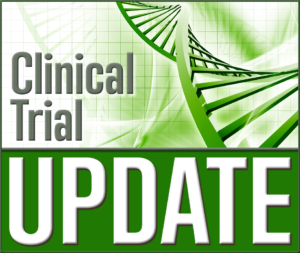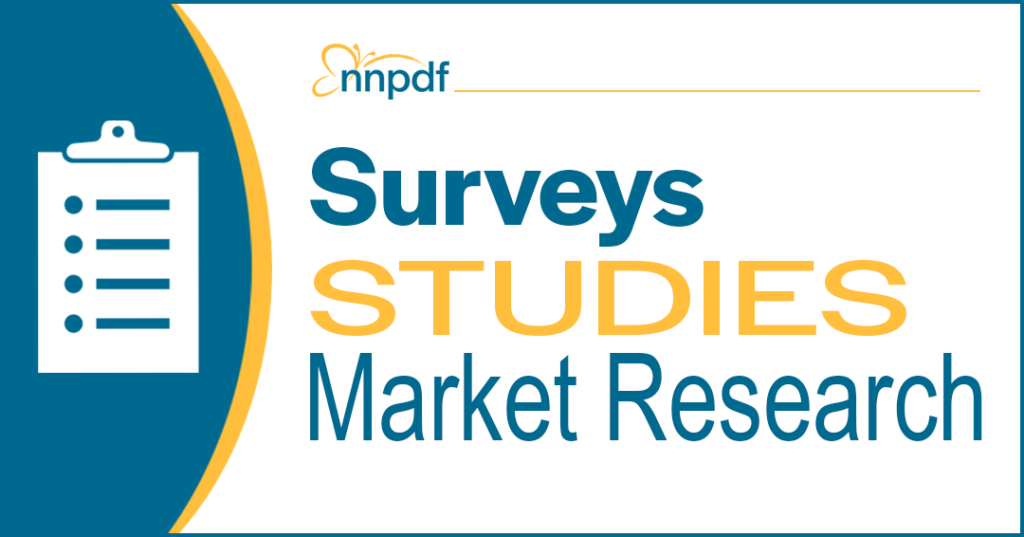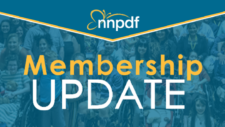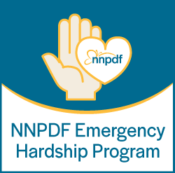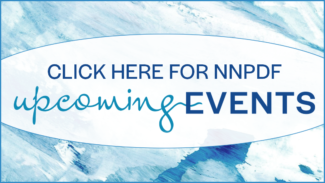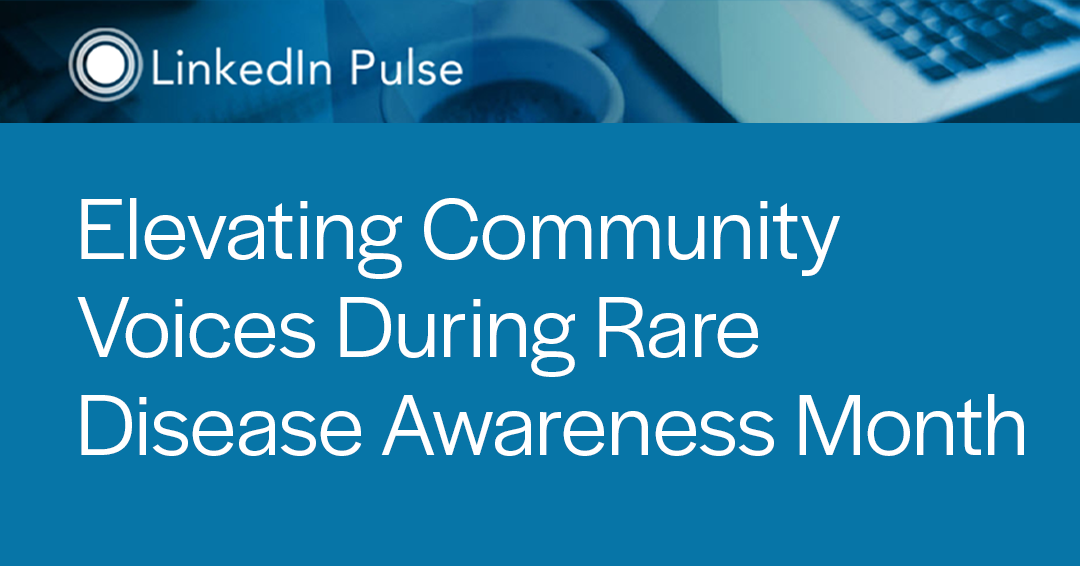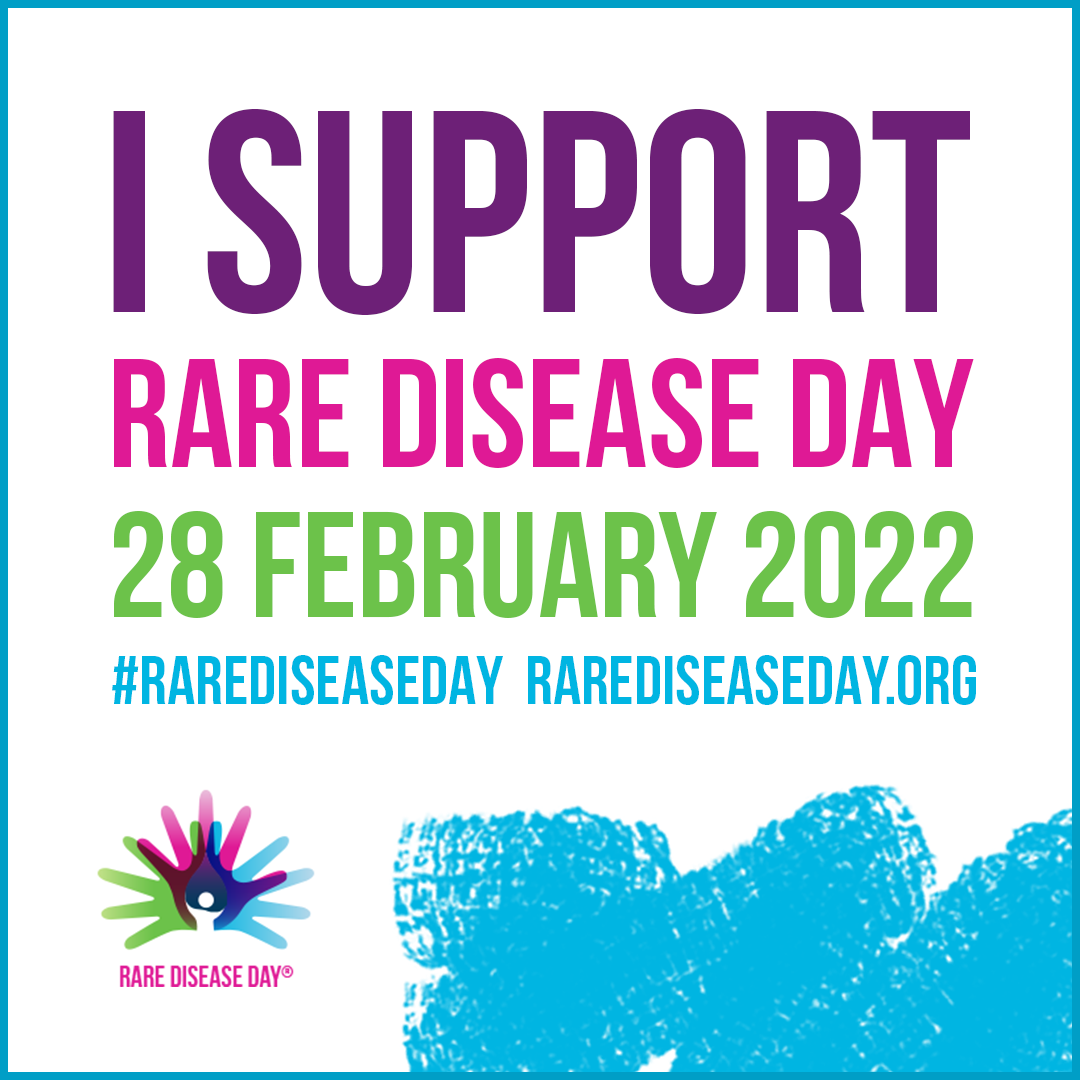February 2023
Every year, the National Niemann-Pick Disease Foundation (NNPDF) proudly joins with patients, families, healthcare leaders and advocacy groups to recognize Rare Disease Day (RDD) on the last day of February. We take this opportunity to show our support not only for the Niemann-Pick community, but also for 6,000+ other rare disease communities across the world.
In many awareness efforts during RDD, we often see images of zebras – the “official” symbol of rare diseases in the United States. This image ties in directly to the “show our stripes” theme embraced by many advocacy groups. But what does this really mean? How does a zebra relate to people living with rare diseases and why does this matter?
The use of the zebra as a symbol for rare disease communities began in the late 1940s when medical students were taught the saying “when you hear hoofbeats, think horses, not zebras.” This phrase was intended to remind medical professionals to consider the most common and likely diagnoses first, rather than getting caught up in trying to diagnosis a rare or exotic disease early in the patient’s care. But as more and more rare diseases were discovered, the healthcare community started to realize that many patients are affected by rare diseases and that providers should take steps to expand their diagnosis strategy in many cases. The need is especially acute given that many rare diseases are misdiagnosed and the path to diagnosis can often take years or even decades. Over time, the zebra came to serve as a reminder for healthcare professionals to consider the possibility of a rare disease when faced with complex or unusual symptoms.
The zebra symbol is particularly meaningful for the Niemann-Pick disease community. While efforts to build awareness have made progress, Niemann-Pick disease is still not widely known or understood. Patients often must undergo a series of tests and doctor visits before they reach a diagnosis. Many of the more common symptoms associated with Niemann-Pick are also associated with other more common diseases. It is not surprising then that many doctors continue to first consider a “horse” rather than a “zebra” in assessing patients. As an organization, and a community, we must help build broader awareness of the need to consider Niemann-Pick disease for at-risk patients. Our work to raise awareness can help more medical professionals to become familiar with the signs and symptoms that can lead to an accurate Niemann-Pick diagnosis. We must continue to highlight the importance of early diagnosis and treatment, which can greatly improve the quality of life for patients and their families.
This Rare Disease Day, NNPDF is calling on every member of our wonderful community to “show your stripes” and join us in supporting people affected by rare diseases. Together, we will create a world where more people with rare diseases receive timely and accurate diagnoses, have access to effective treatments, and are able to live their lives to the fullest. No family needs to face a rare disease alone. United we represent hope, determination, and a community that refuses to give up.

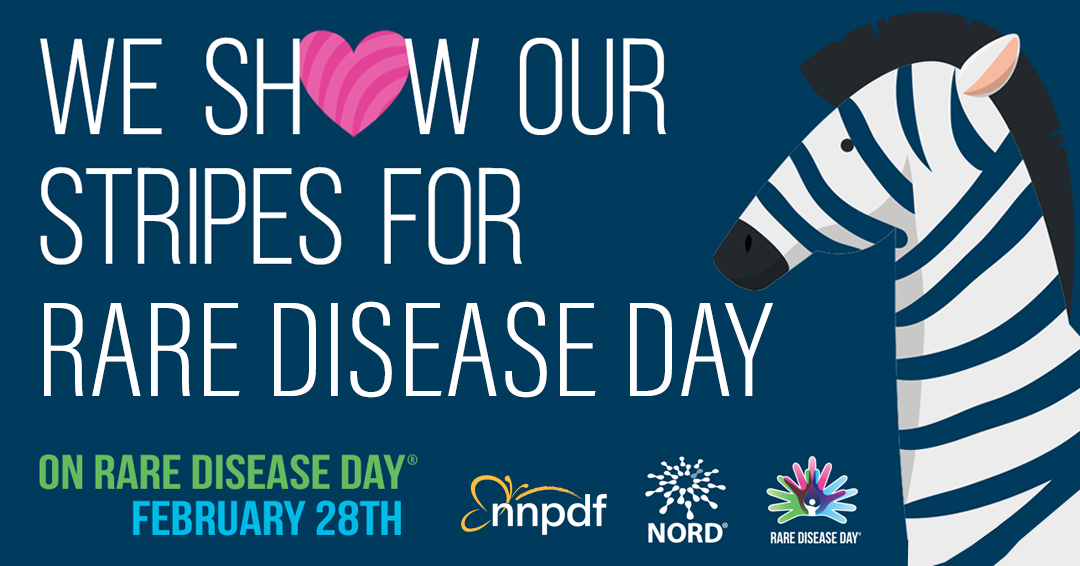
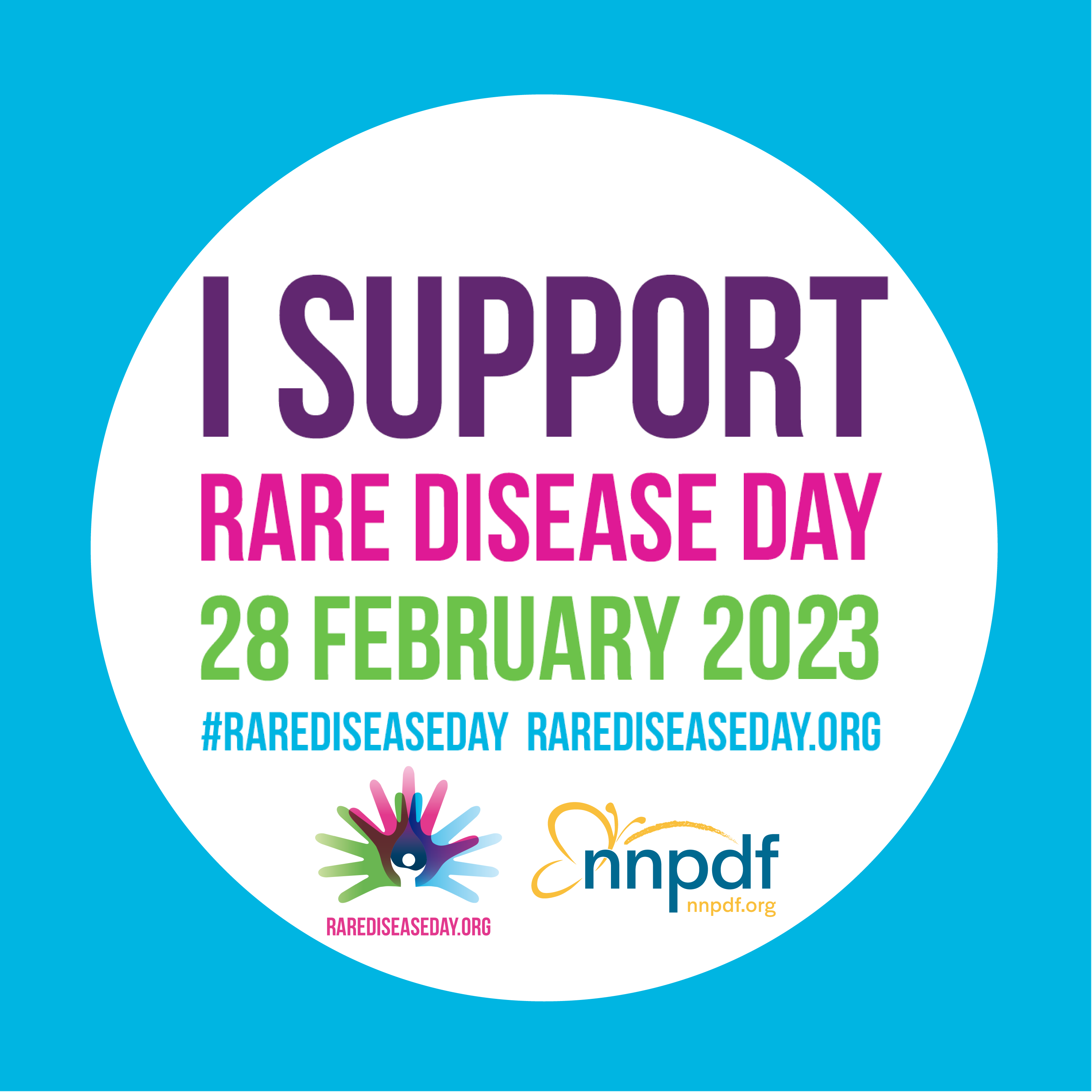
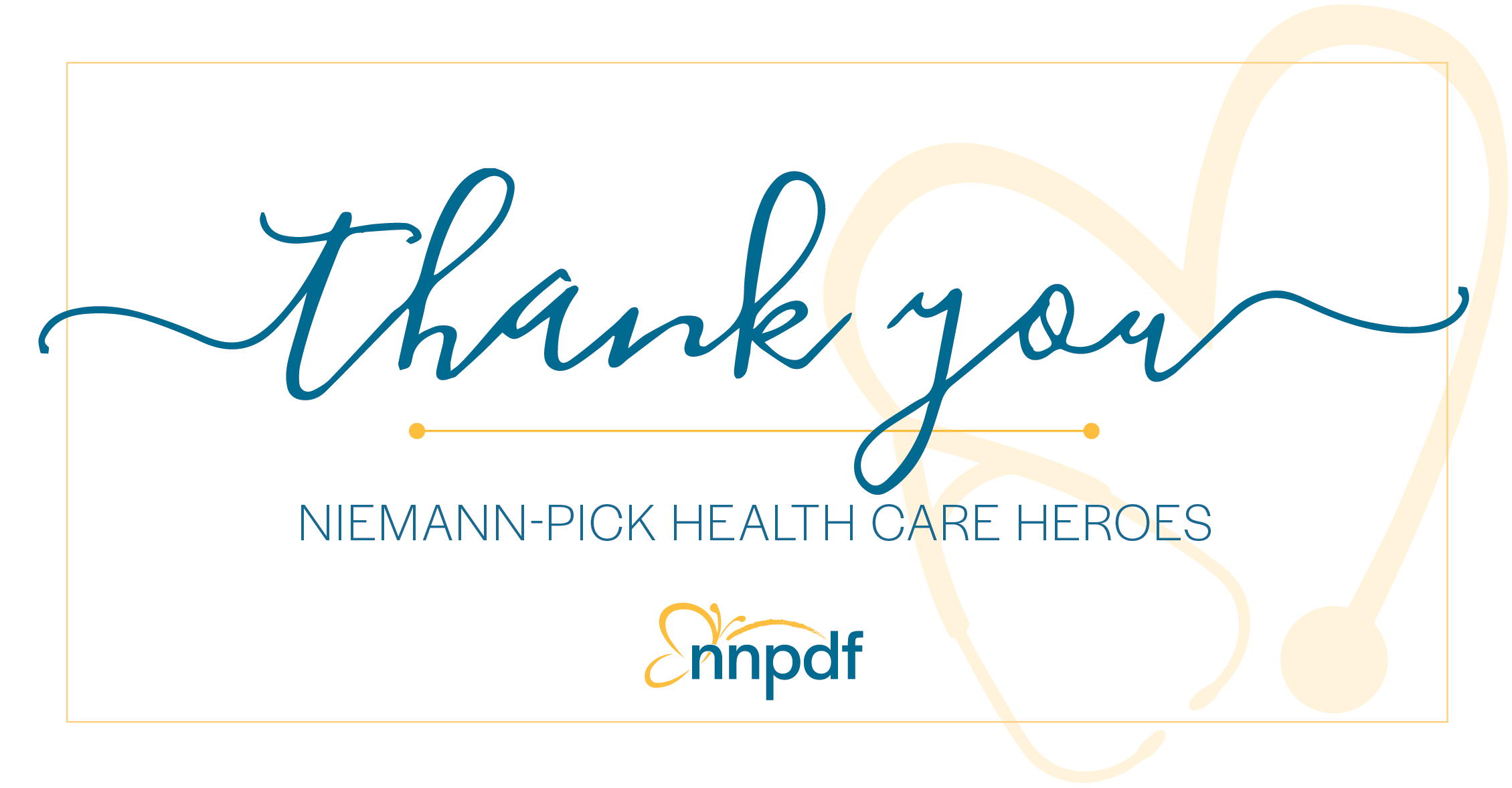
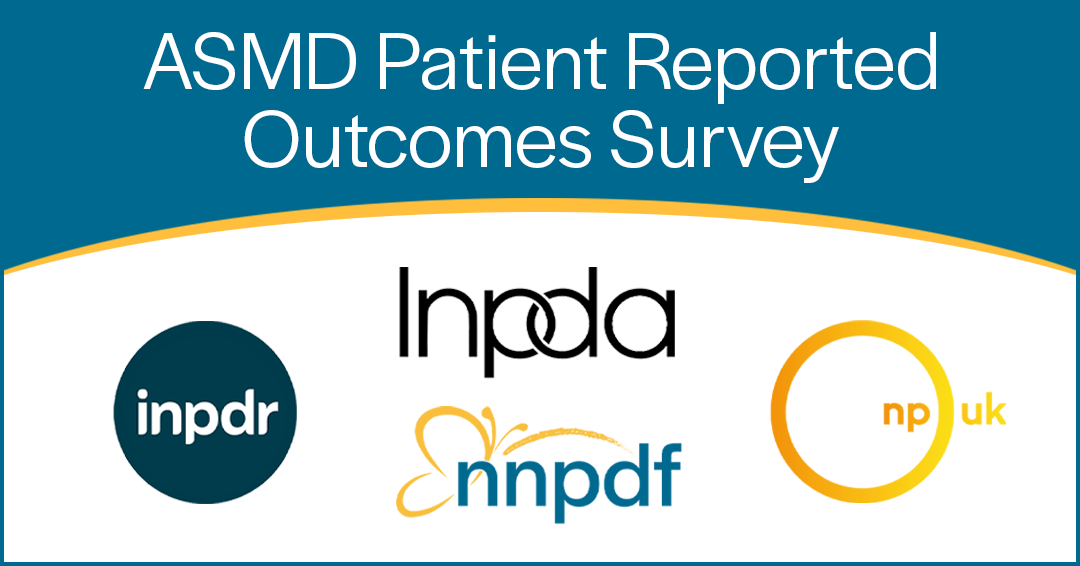 The International Niemann-Pick Disease Registry (INPDR) is conducting this survey in collaboration with The National Niemann-Pick Disease Foundation, Inc. (NNPDF), International Niemann-Pick Disease Alliance (INPDA), and Niemann-Pick UK (NPUK). This survey forms part of a larger study that includes interviews with Niemann-Pick disease type A/B and type B (ASMD) patients, which will explore the questions in this survey in more depth.
The International Niemann-Pick Disease Registry (INPDR) is conducting this survey in collaboration with The National Niemann-Pick Disease Foundation, Inc. (NNPDF), International Niemann-Pick Disease Alliance (INPDA), and Niemann-Pick UK (NPUK). This survey forms part of a larger study that includes interviews with Niemann-Pick disease type A/B and type B (ASMD) patients, which will explore the questions in this survey in more depth.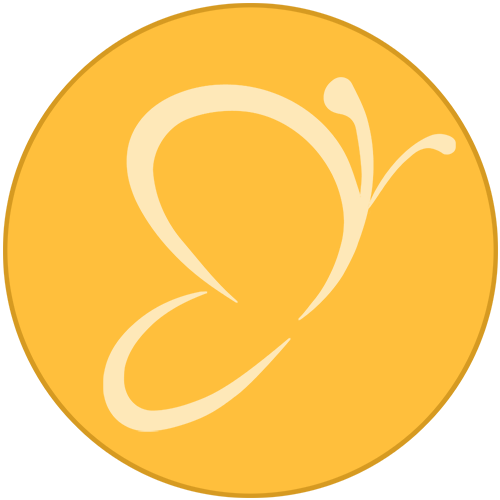


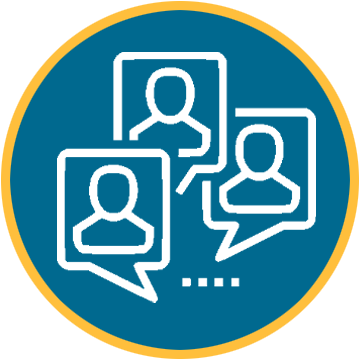
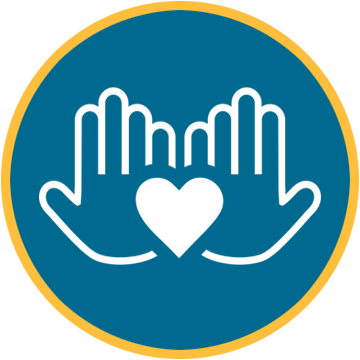 Scholarship funding is available to help families attend the 2023 NNPDF Family Support and Medical Conference. NNPDF members living in the US are eligible to apply for scholarship assistance. The NNPDF Family Conference Scholarship is available for families to help ease the cost of attending the family conference. This scholarship is limited to immediate family members of an individual with Niemann-Pick Disease.
Scholarship funding is available to help families attend the 2023 NNPDF Family Support and Medical Conference. NNPDF members living in the US are eligible to apply for scholarship assistance. The NNPDF Family Conference Scholarship is available for families to help ease the cost of attending the family conference. This scholarship is limited to immediate family members of an individual with Niemann-Pick Disease.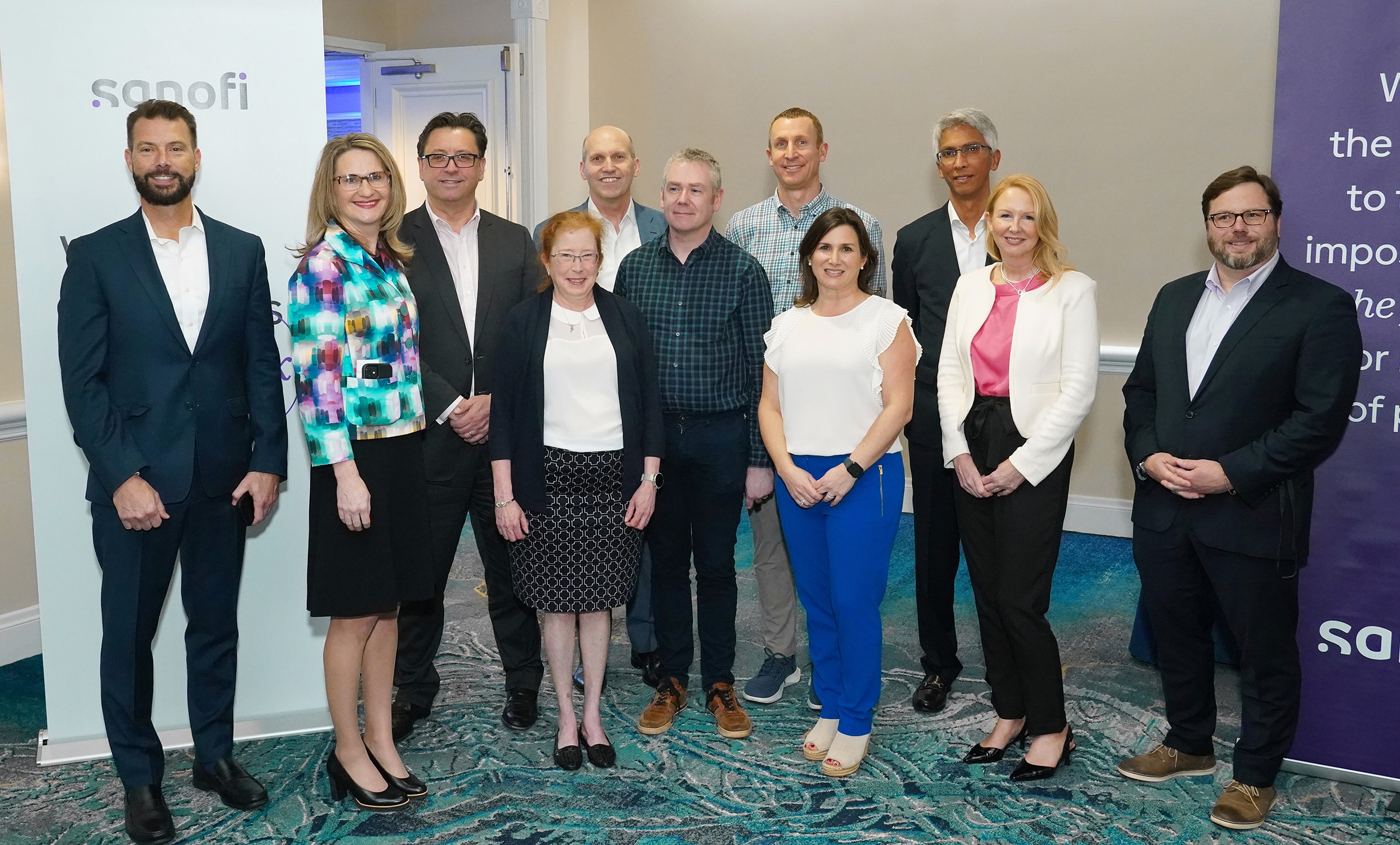
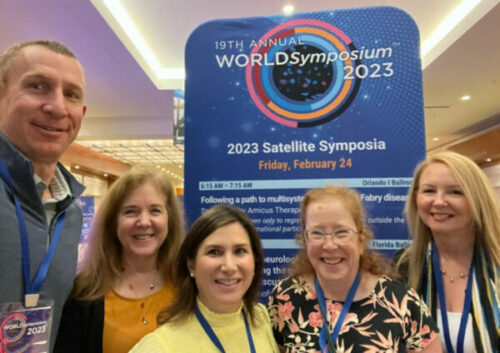
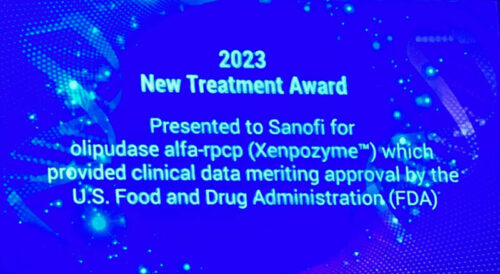
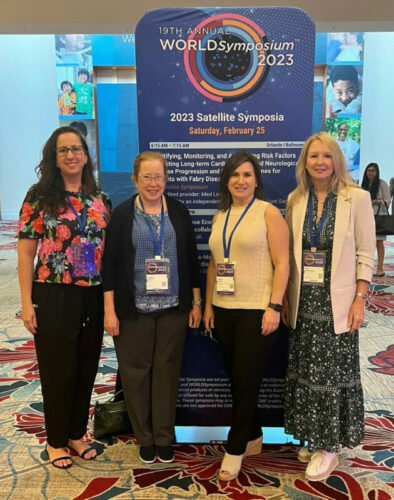
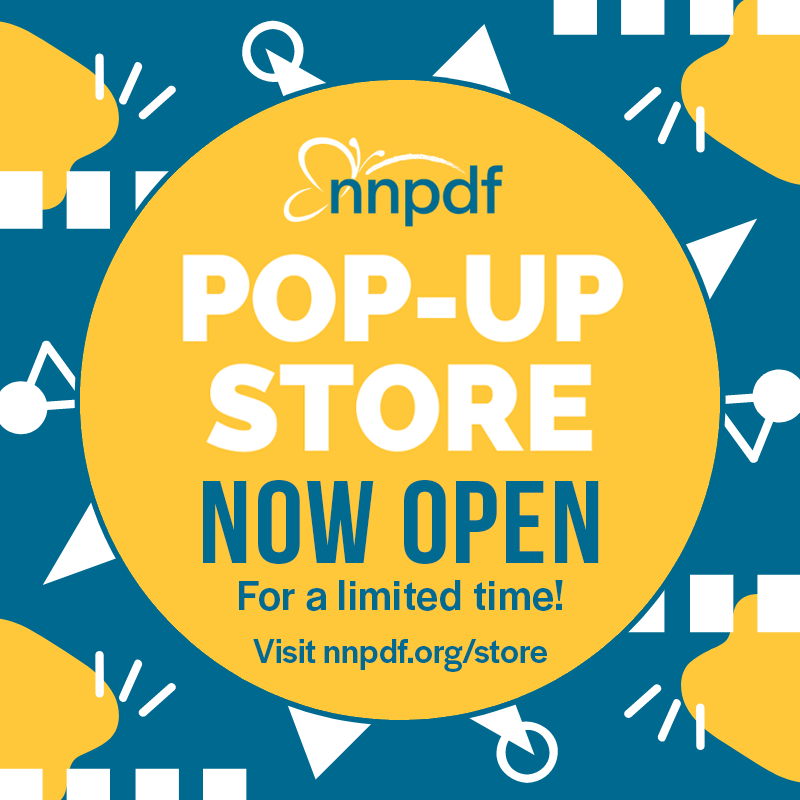
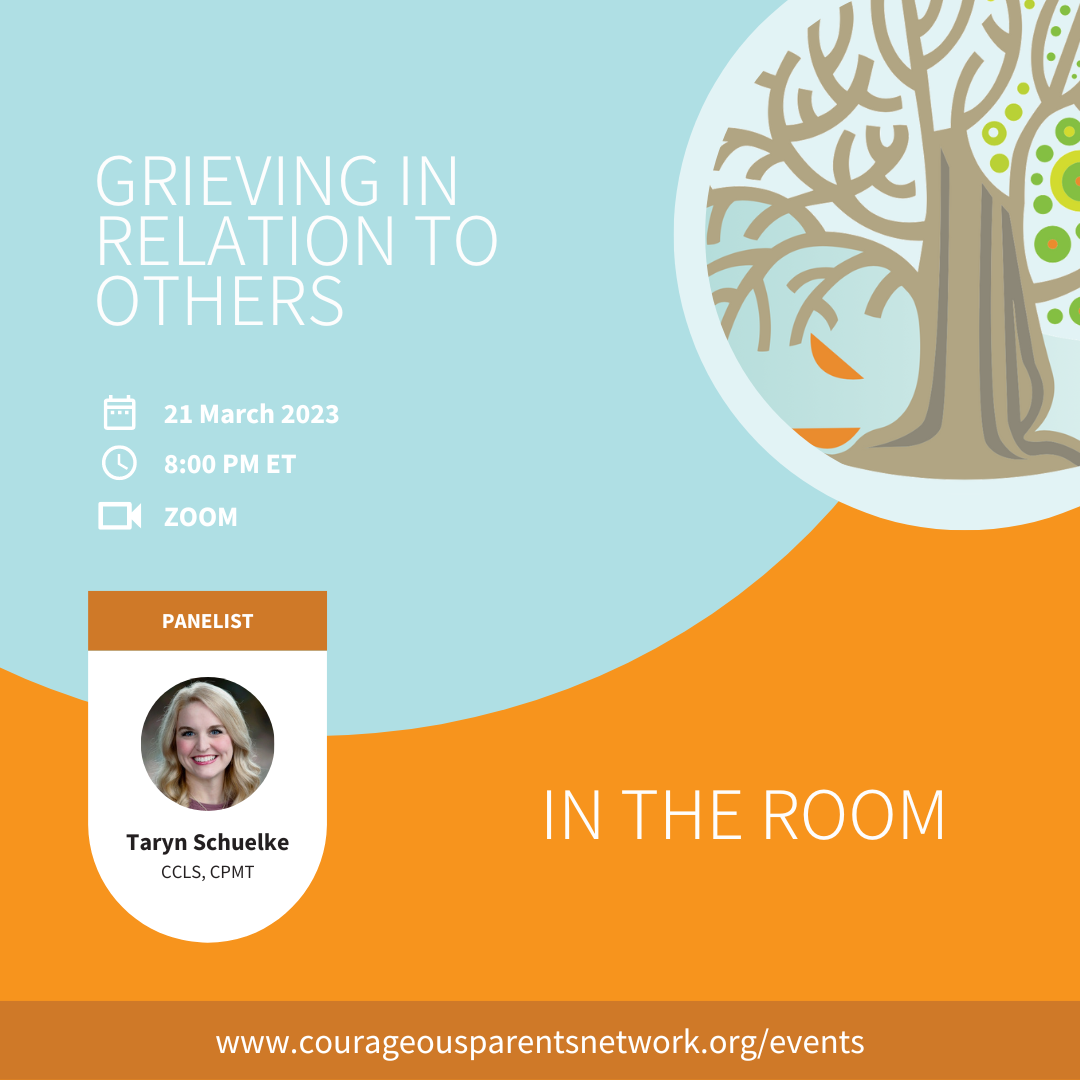
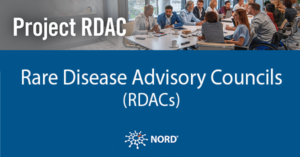
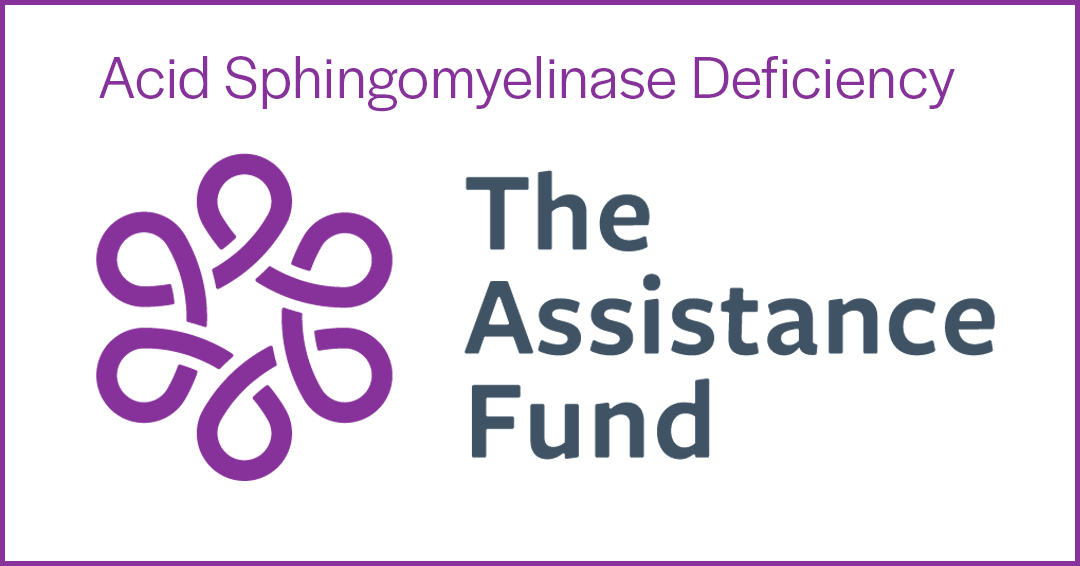
 Contributions through fundraising by NNPDF members, families and friends are used to provide services and information to individuals and families affected by NPD, as well as supporting research into finding treatments. Please continue to host and support NPD fundraisers. Awareness Events promote awareness to the general public about Niemann-Pick Disease.
Contributions through fundraising by NNPDF members, families and friends are used to provide services and information to individuals and families affected by NPD, as well as supporting research into finding treatments. Please continue to host and support NPD fundraisers. Awareness Events promote awareness to the general public about Niemann-Pick Disease.
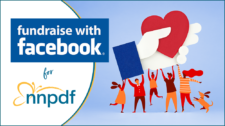 THANK YOU
THANK YOU